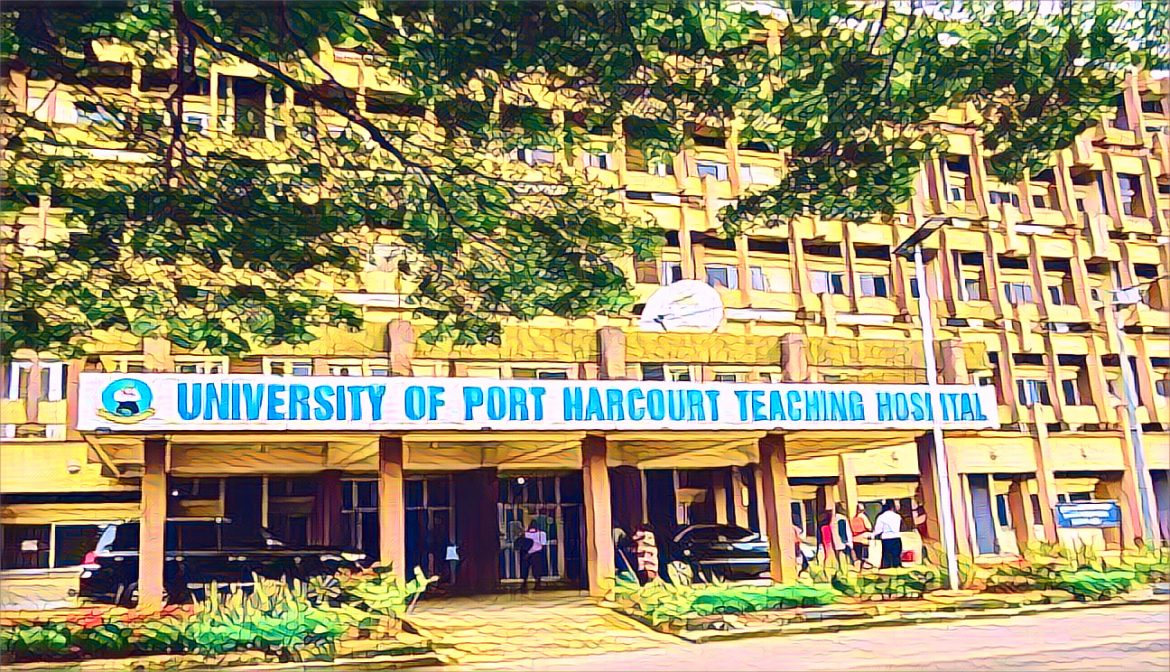At the University of Port Harcourt Teaching Hospital (UPTH), the Intensive Care Unit (ICU) is embroiled in controversy as allegations surface of staff exploiting critically ill patients. According to detailed accounts, families of patients in the ICU are being burdened with exorbitant fees for essential supplies like oxygen, which they are often forced to purchase multiple times due to questionable claims of shortages by the hospital staff.
The situation came to light following a Guardian investigation prompted by distressing reports from relatives of patients who have been navigating both the emotional and financial toll of having a loved one in critical care. The ICU, a place designed for the highest level of patient care, has apparently become a ground for dubious financial practices, significantly impacting the trust and well-being of patients and their families.
One of the most poignant stories is that of Mrs. Celina, a patient who required continuous oxygen due to a severe medical condition. Her family, like many others, was allegedly manipulated into purchasing more oxygen than medically necessary. Reports suggest that some staff members at UPTH’s ICU are exploiting the urgent needs of patients by selling oxygen at inflated prices, sometimes demanding payment directly into personal accounts, a clear violation of hospital rules.
This exploitative behavior extends beyond just oxygen. The Guardian’s investigation uncovered that various essential medical supplies and services are being marked up, with families repeatedly asked to foot the bill for items that should be covered by the hospital. The financial strain is exacerbated by the hospital’s alleged failure to properly manage and maintain its equipment and supply inventory, leading to frequent and costly external purchases by patients’ families.
The implications of these practices are grave. Patients who are already in a vulnerable state are being put at further risk, both medically and financially. The cost of care in the ICU at UPTH is prohibitively expensive for many, with families often having to make difficult choices about their loved ones’ care due to the financial demands placed upon them.
One family recounted how they were asked to purchase multiple cylinders of oxygen in less than 24 hours, with each cylinder priced at N10,000. Another family narrated how they were forced to pay for an ambulance and accompanying medical staff to transport their relative to a diagnostic center since the hospital did not have the necessary equipment.
The Guardian’s investigation also highlighted a troubling lack of oversight and accountability within the ICU. There are allegations of nurses diverting drugs meant for patients and charging for services that were never rendered. These practices not only endanger the health of patients but also lead to significant financial losses for their families.
In response to these allegations, UPTH has stated that the provision of certain supplies, like oxygen, is the responsibility of the patients and their families. However, this policy does little to address the underlying issues of overcharging and financial exploitation that have been reported. The hospital’s management needs to take decisive action to investigate these claims and ensure that all staff are adhering to ethical standards and practices.
Experts suggest that one way to mitigate these issues is by instituting a more transparent billing system and ensuring that all charges are clearly itemized and justified. Additionally, the hospital could benefit from more stringent internal controls and regular audits to prevent the kind of abuses currently being reported.
The situation at UPTH’s ICU highlights a broader issue within the healthcare system, where the lack of regulations and oversight can lead to exploitation and corruption. It underscores the urgent need for systemic changes to protect the most vulnerable patients and ensure that high costs do not impede access to necessary care.
As the investigation continues, it is clear that significant reforms are needed to restore trust in UPTH’s ICU. These should include not only addressing the specific allegations of financial exploitation but also improving the overall management of the ICU to ensure it meets the standards expected of such a critical care facility. Only through comprehensive reform and strict enforcement of ethical practices can UPTH hope to provide the level of care that patients in the ICU so desperately need and deserve.
Source: The Guardian


